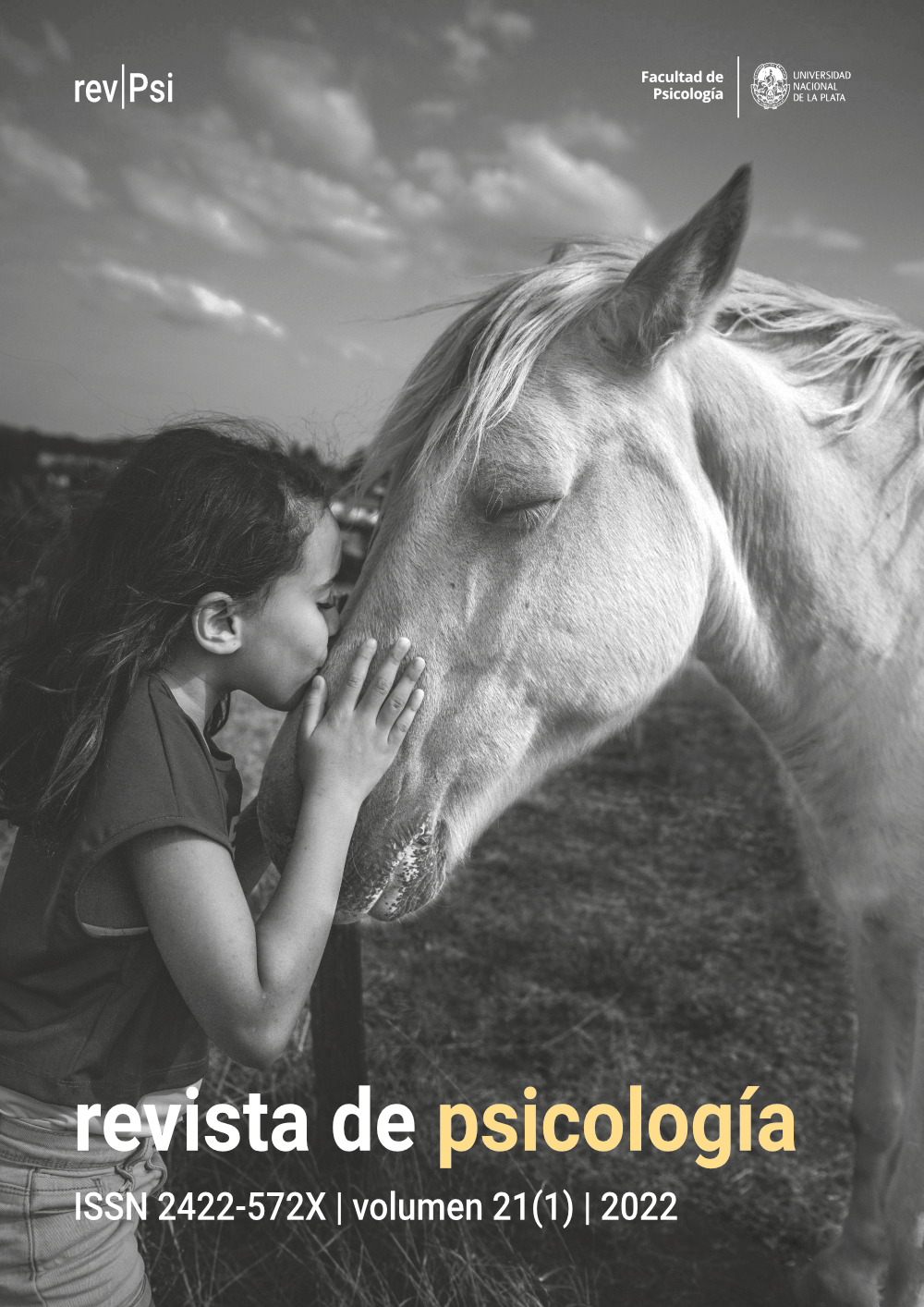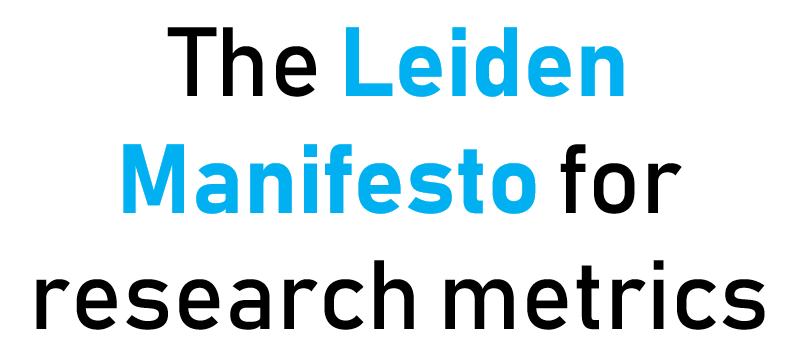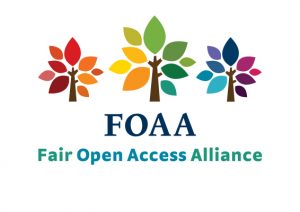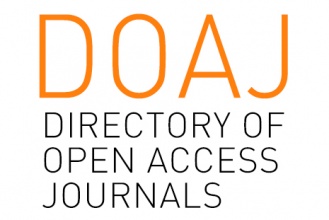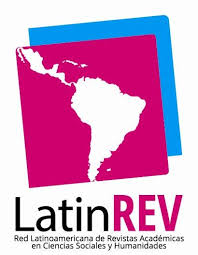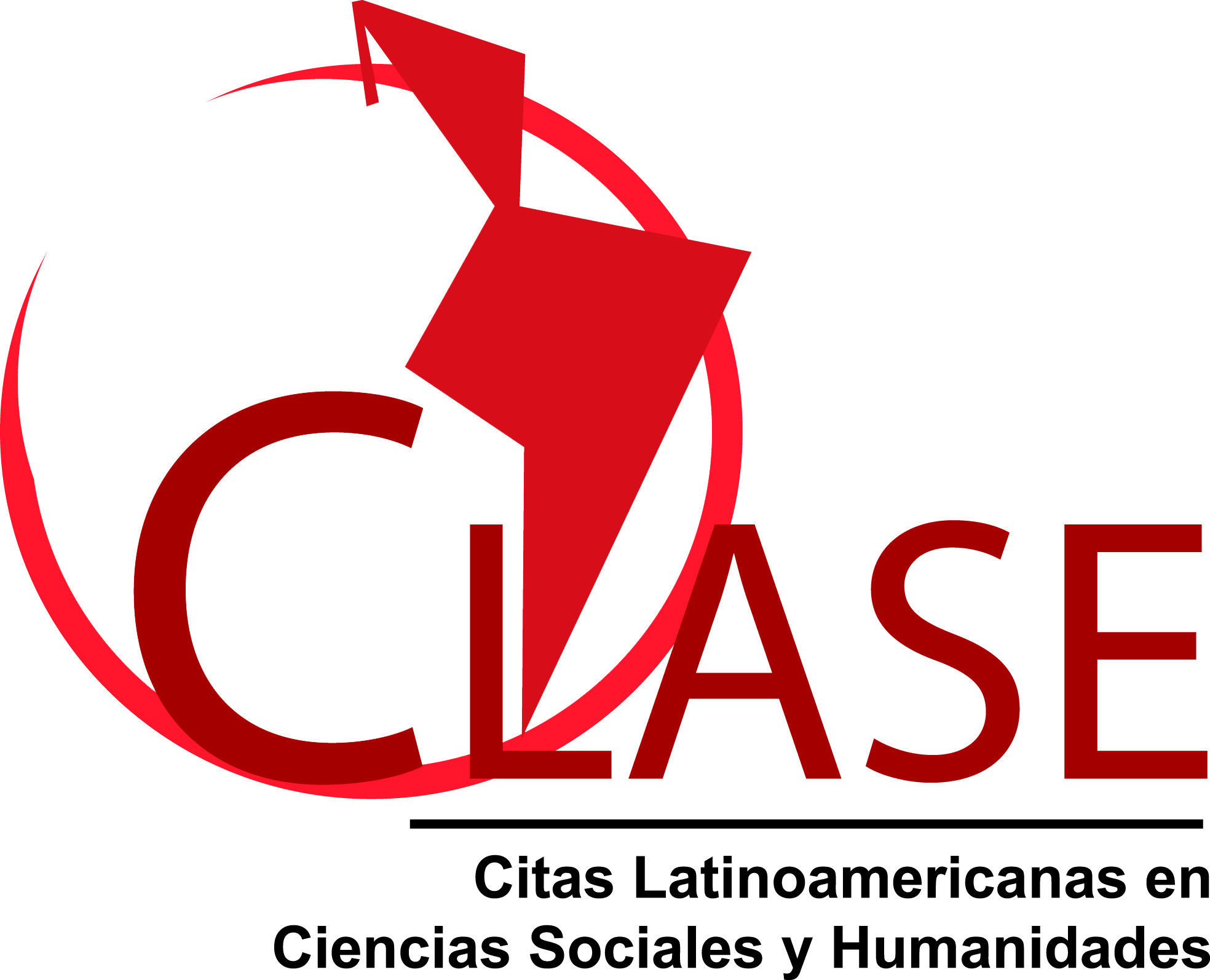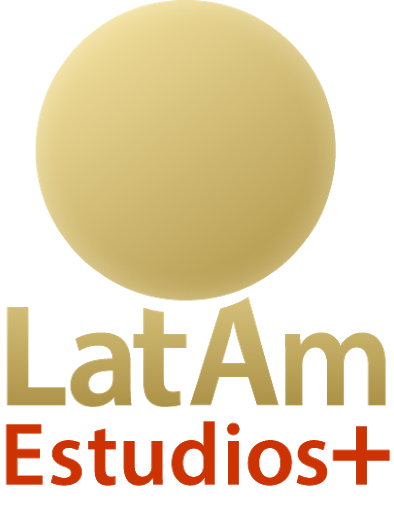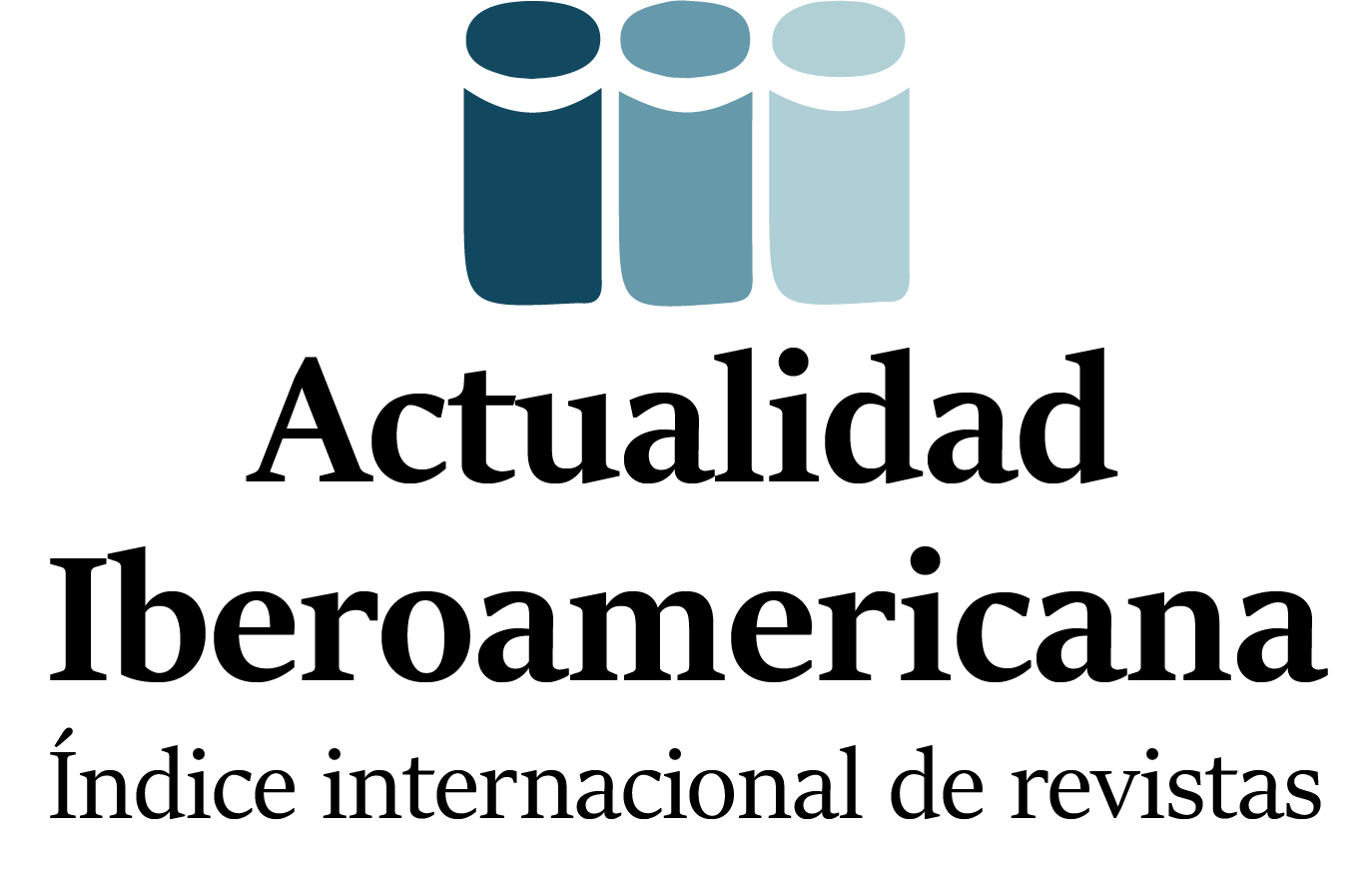The blind and the orangutan: the dispute over the construction of meaning in the human-animal relationship
DOI:
https://doi.org/10.24215/2422572Xe131Keywords:
orangutan, ethology, amicus curiae, non-human person, rightAbstract
The judicialization of animals under human control has produced the confluence of different discourses that propose meanings for the human-animal relationship. The case of the orangutan Sandra allows us to study the dialogue / confrontation of two of these discourses, that of the biological sciences and the judicial one, to identify their disagreements and propose possible strategies of articulation. After analyzing the articulation between the knowledge and procedures of the biological sciences and judicial practice, we propose a form of articulation that leads to the elaboration of meaning from the field of dispute to that of co-construction.
Downloads
Metrics
References
Asociación de Funcionarios y Abogados por los Derechos de los Animales (AFADA) (2014). Denuncia formulada en torno a la problemática planteada con la orangutana de Sumatra denominada “Sandra” al cuidado del zoológico de la ciudad de Buenos Aires. Solicita colaboración en términos de la ley 22241, legajo 18491/14 (MPF 65028). Fiscalía de Primera Instancia en lo Penal, Contravencional y de Faltas número 8, del Ministerio Público Fiscal de la CABA.
Asociación de Funcionarios y Abogados por los Derechos de los Animales (AFADA) (2015). A. Gil Dominguez y otros contra GCBA y otros sobre amparo. Número de causa 2174/2015-0, Juzgado de Primera Instancia en lo Contencioso Administrativo y Tributario Nº 4 - Secretaría N°7.
Botreau, R. I.,Veissier, I. A., Butterworth, A., Bracke, M. y Keeling, J. (2007). Definition of criteria for overall assessment of animal welfare. Animal Welfare, 16(2), 225-228.
Brambell, R. (1965). Report of the technical committee to enquire into the welfare of animals kept under intensive livestock husbandry systems. Her majesty’s stationery office.
Conte-Grand, J. (25 de agosto, 2015). Darwin ha muerto. La Nación. https://www.lanacion.com.ar/opinion/darwin-ha-muerto-nid1821935/
Duncan, I. (1998). Behavior and behavioral needs. Pultry Science, 77(12), 1766-1772. https://doi.org/10.1093/ps/77.12.1766
Ferrari, H. y Anzoátegui, M. (8 al 11 de agosto, 2017). Los animales no-humanos como sujetos: debates actuales sobre lo humano y lo animal [presentación en jornadas]. XI Jornadas de Investigación del Departamento de Filosofía FaHCE (UNLP), La Plata (Argentina).
Lázaro, L. y Ferrari, H. (2020). Antrozoología de la cognición: igualando las diferencias. Calidad de Vida y Salud, 13(No. Especial), 126-143.
Levitis, D. A., Lidicker, W. Z. y Freund, G. (2009). Behavioural biologists do not agree on what constitutes behaviour. Animal Behaviour, 78(1), 103-110. https://doi.org/10.1016/j.anbehav.2009.03.018
Lucifora, L., Barbini, S. y Giberto, D. (4 de Septiembre, 2015). Darwin sigue vivo... y también las malas interpretaciones de la teoría evolutiva. Página 12. https://www.pagina12.com.ar/diario/sociedad/3-280895-2015-09-04.html
Lund, V., Coleman, G., Gunnarsson, S., Appleby, M. y Karkinen, K. (2006). Animal welfare science – Working at the interface between the natural and social sciences. Applied Animal Behaviour Science, 97, 37-49. https://doi.org/10.1016/j.applanim.2005.11.017
Lorenz, K. (1974). Biología del comportamiento. Siglo XXI Editores.
Lorenz, K. (1977). El comportamiento animal y humano. El Arca de Papel, Plaza y Janés.
Mendl, M., Burman, O., Parker, R. y Paul, E. (2009). Cognitive bias as an indicator of animal emotion and welfare: Emerging evidence and underlying mechanisms. Applied Animal Behaviour Science, 118(3), 161-181. https://doi.org/10.1016/j.applanim.2009.02.023
Mendl, M., Burman, O. H. P. y Paul, E. S. (2010). An integrative and functional framework for the study of animal emotion and mood. Proceedings of the Royal Society B, 277, 2895–2904. https://doi.org/10.1098/rspb.2010.0303
Watanabe, S. (2007). How animal psychology contributes to animal welfare. Applied Animal Behaviour Science, 106(4), 193–202. https://doi.org/10.1016/j.applanim.2007.01.003
Wemelsfelder, F. (1997). The scientific validity of subjective concepts in models of animal welfare. Applied Animal Behaviour Science, 53(1-2), 75-88. https://doi.org/10.1016/S0168-1591(96)01152-5
Downloads
Published
How to Cite
Issue
Section
License
Copyright (c) 2022 Héctor Ricardo Ferrari

This work is licensed under a Creative Commons Attribution 4.0 International License.
![]()
Authors who publish in this journal accept the following conditions:
- Authors retain the copyright and assign the right of first publication to the journal, with the work registered under a Creative Commons attribution license (CC-BY), which allows third parties to use what is published whenever they mention the authorship of the work and the first publication in this magazine.
- Authors can make other independent and additional contractual agreements for the non-exclusive distribution of the article published in this journal (e.g., include it in an institutional repository or publish it in a book) as long as they clearly indicate that the work was published for the first time in this magazine.
- Authors are allowed and encouraged to publish their work on the Internet (e.g., on institutional or personal webpages) before and during the review and publication process, as it can lead to productive exchanges and greater and faster dissemination of published work (see The Effect of Open Access ).

